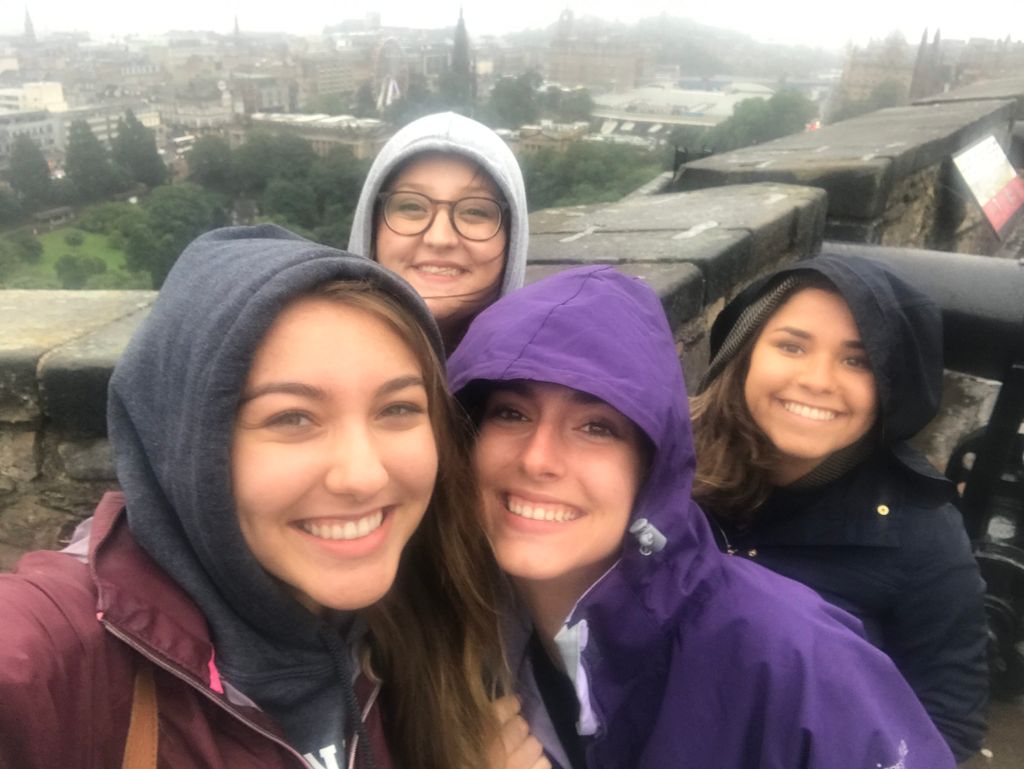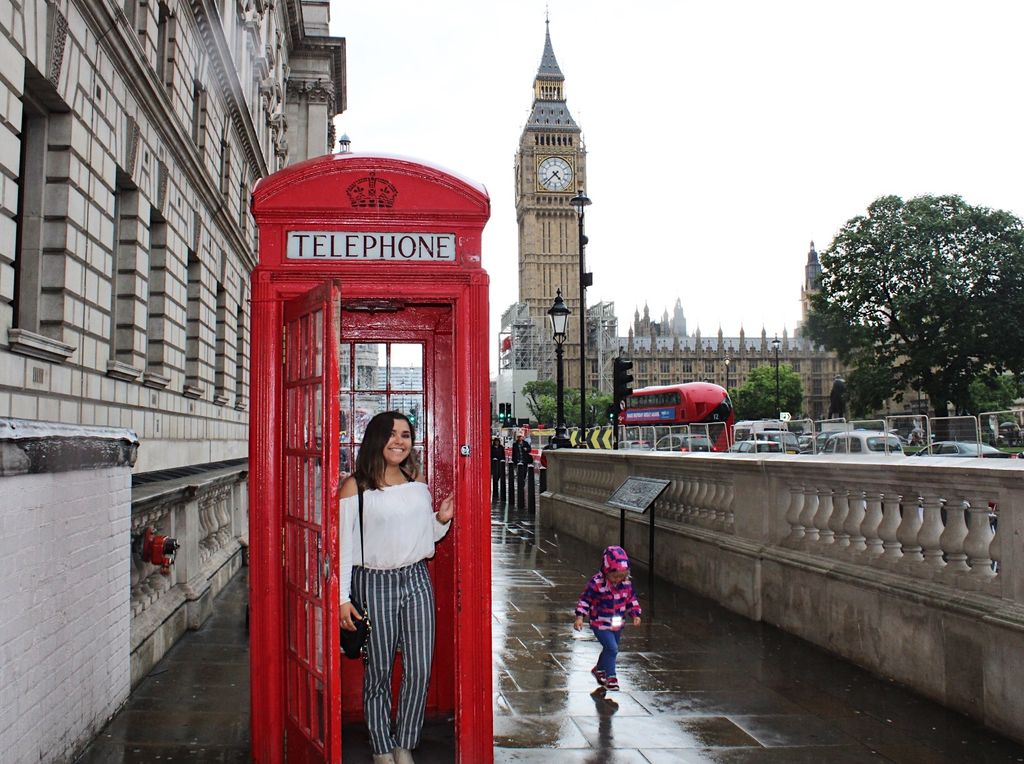Have a little Fall Fever? No worries. Here are some remedies that will help you to get out of Boston and explore the region:
1. Apple Picking: A New England Autumn wouldn’t be complete without a trip to the orchard. This is the quintessential experience every Bay Stater and BU student should have. Grab some friends and take the trek! And yes, there is more to do than just pick apples. Many orchards have stores where they sell homemade goods (cider doughnuts, anyone?), and you’ll often find other cool stuff, like Pumpkins! Growing up nearby, my go-to was Tougas Farm in Marlborough, but Honey Pot Hill is another BU student favorite.

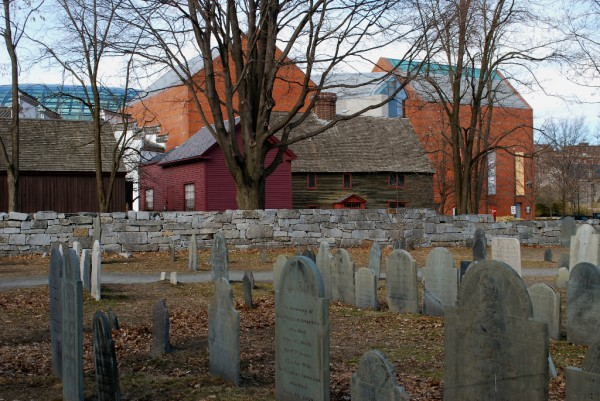
2. Salem: It’s October, and things are getting spooky around here! Visit this very historic city, which easily accessible by the Commuter Rail, for Haunted Happenings. During October, the town comes alive with haunted houses, festivals, parades, and so on. I visited Salem on Halloween my freshman year, and it was an unforgettable experience. Don’t like spooky stuff? That’s okay, too. Salem has a lot of history and is still great at any time of the year. Fun Fact: did you know that Salem was the capital of Massachusetts before Boston and was considered one of the most important cities to the original 13 colonies? Go visit and discover more!
3. Witch’s Woods: So maybe you like Halloween but you don’t want the crowds at Salem. We have other options! Check out Witch’s Woods at Nashoba Valley Ski Area. It’s open Thursdays through Sundays and hosts a variety of attractions, from carnival rides to haunted houses to a “Jack-o-Lantern Jamboree” to hay rides! Better catch it quick, though, because the last day is Halloween!


4. Walden Pond: What would New England be without its world famous foliage? Walden Pond State Reservation is great for hiking and taking a little break from the city lifestyle. Take a trip down Route 2 to get there and experience the place where Henry David Thoreau spent his days in the birth of the transcendentalist movement. You can even see a replica of his one-room cabin!
5. Plimoth Plantation: Take a trip back in time and down the South Shore to the old Plimoth Plantation, an interactive indoor/outdoor museum focused on educating people on the historic Plimoth Colony. Experience Native and English cultures as they interacted back then!
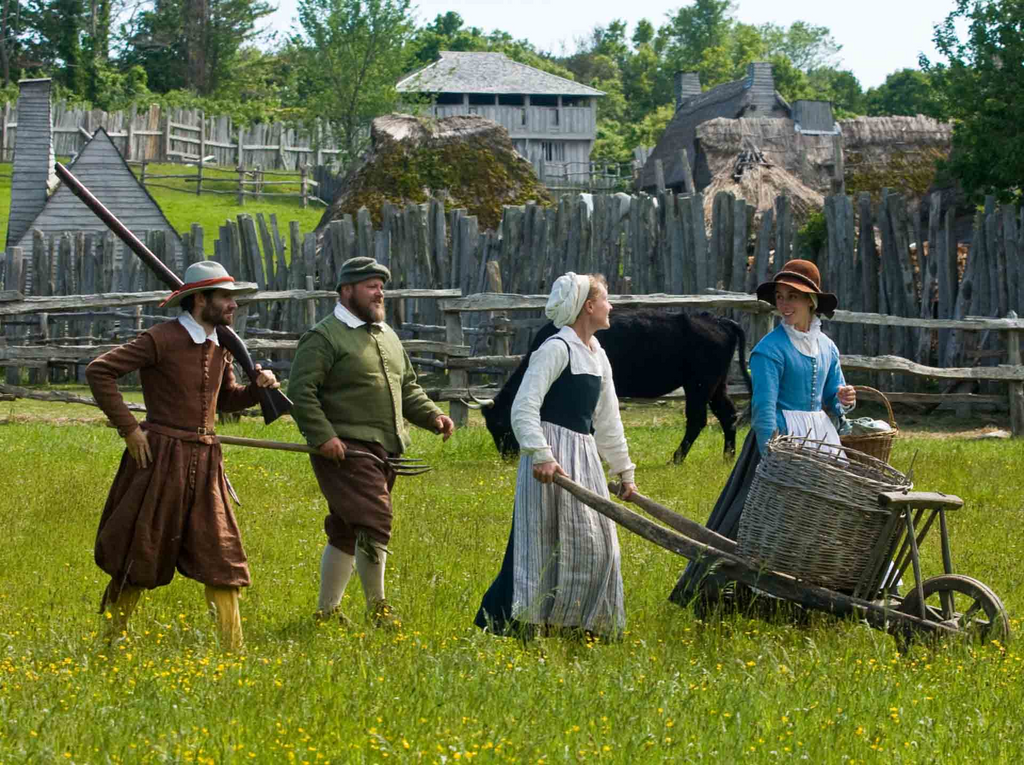
Now, ~fall~ into the best season of the year! Enjoy!

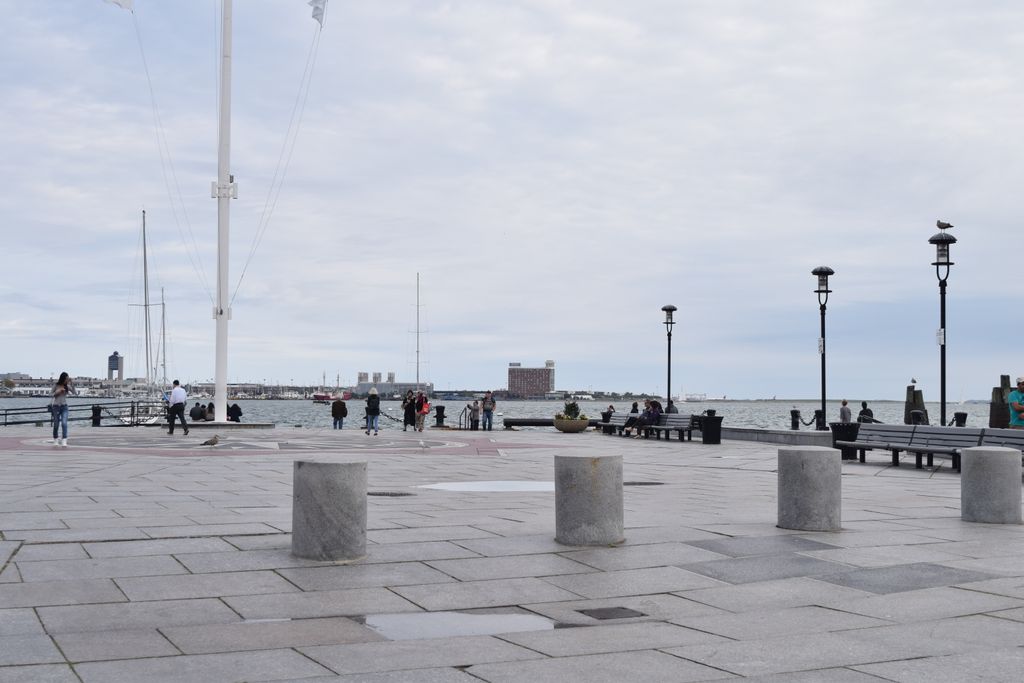





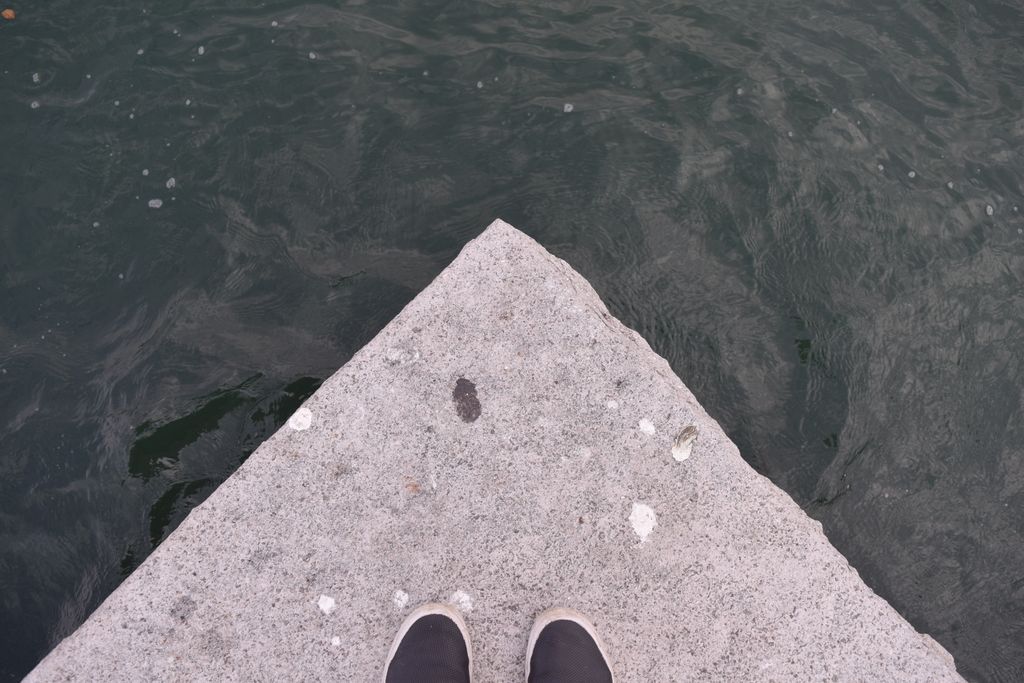
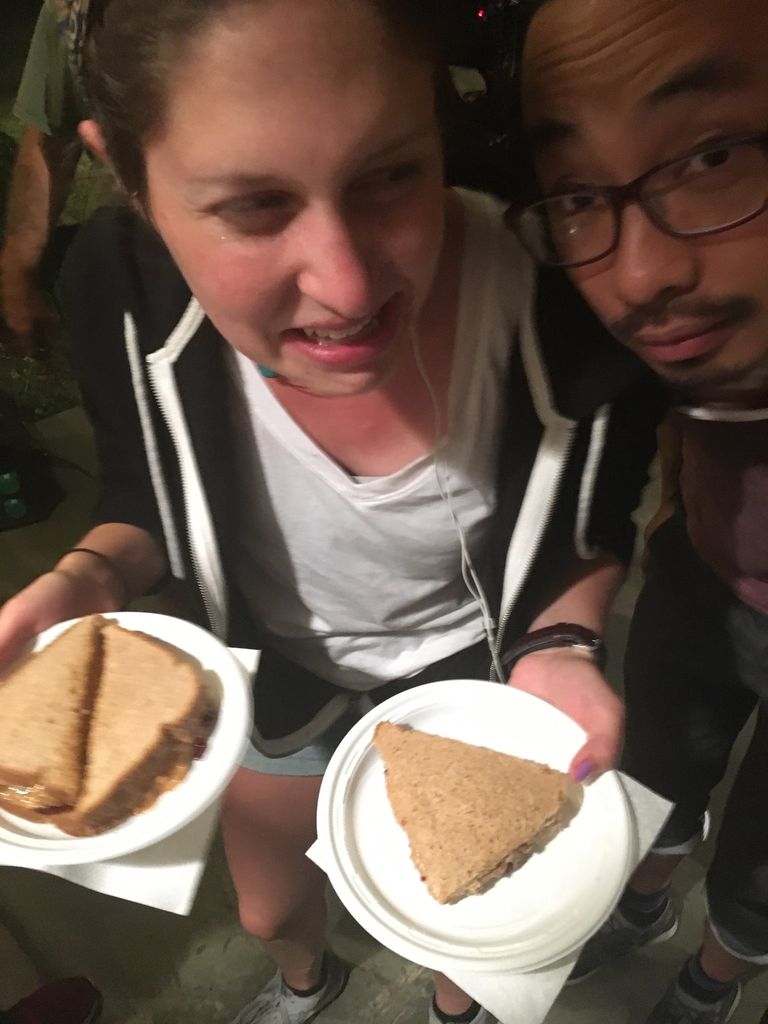
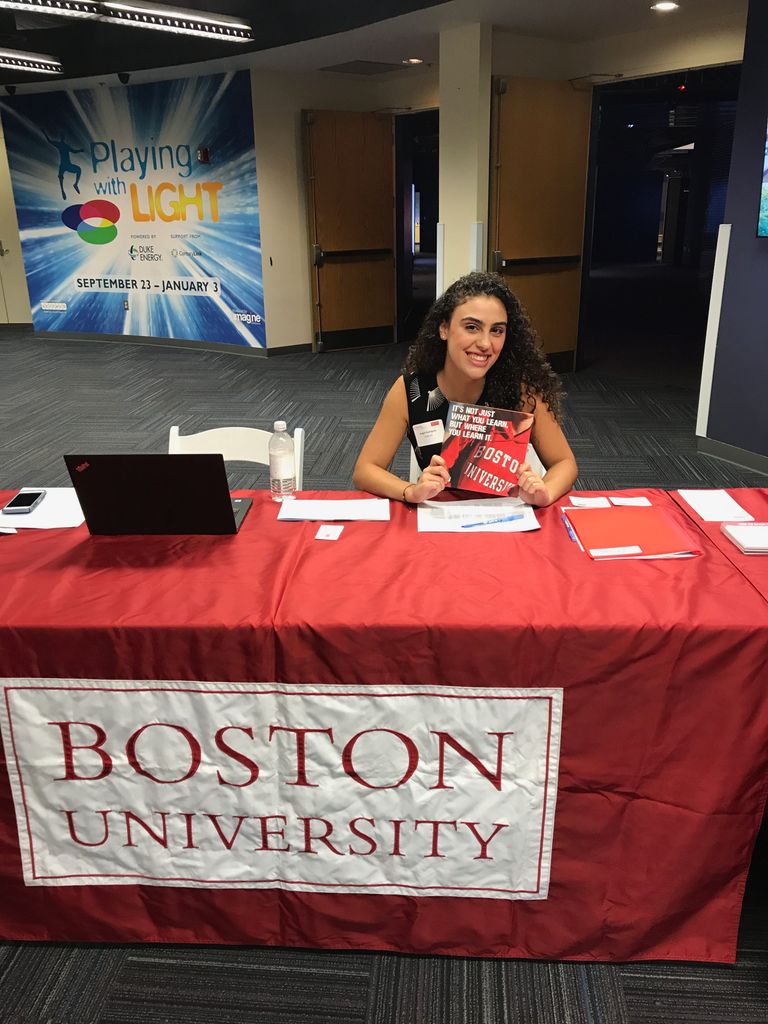
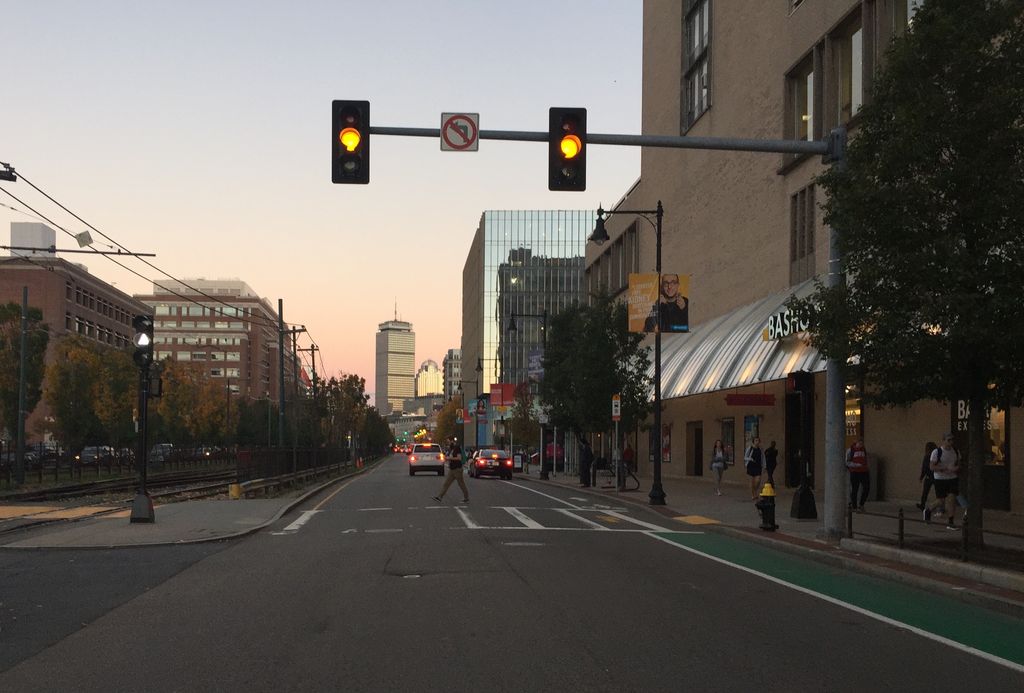
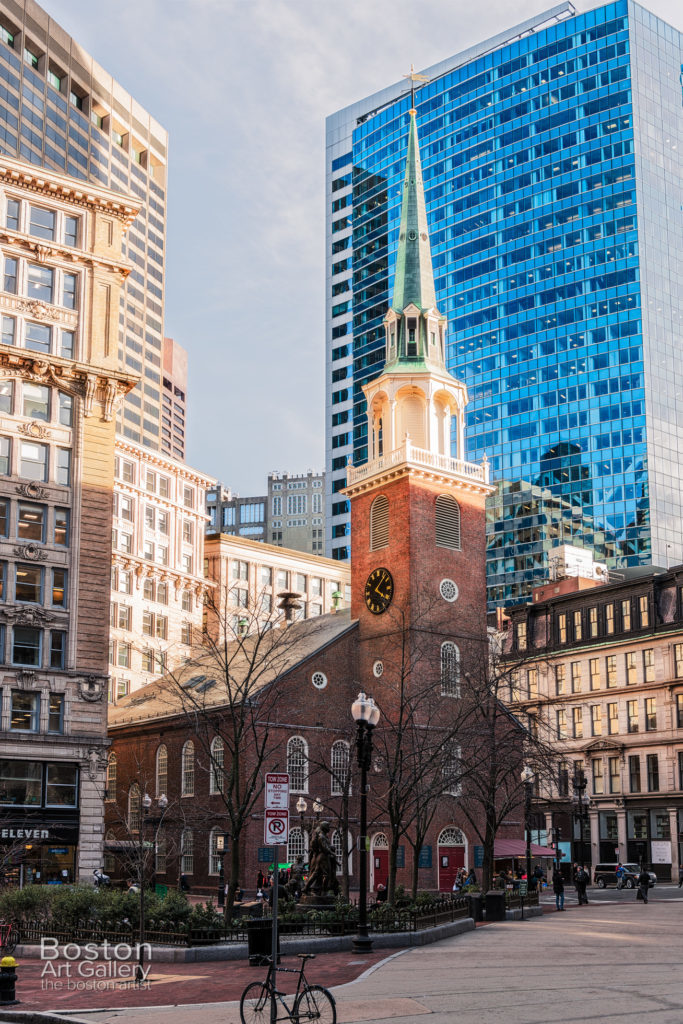
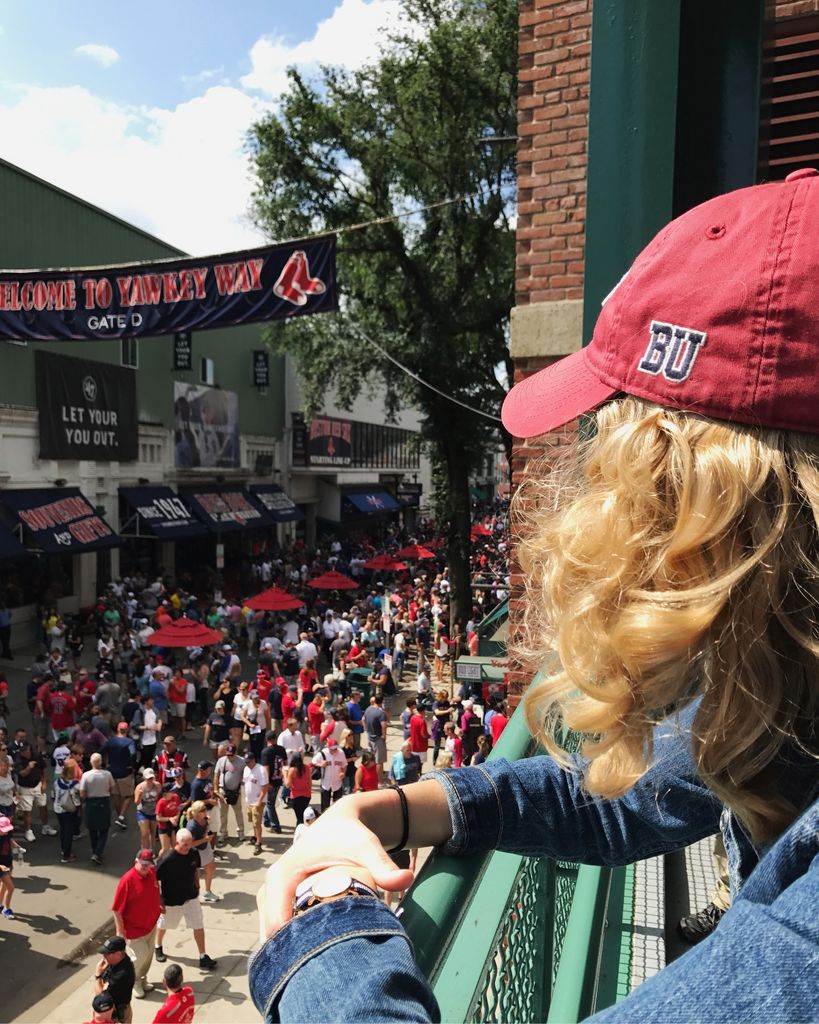
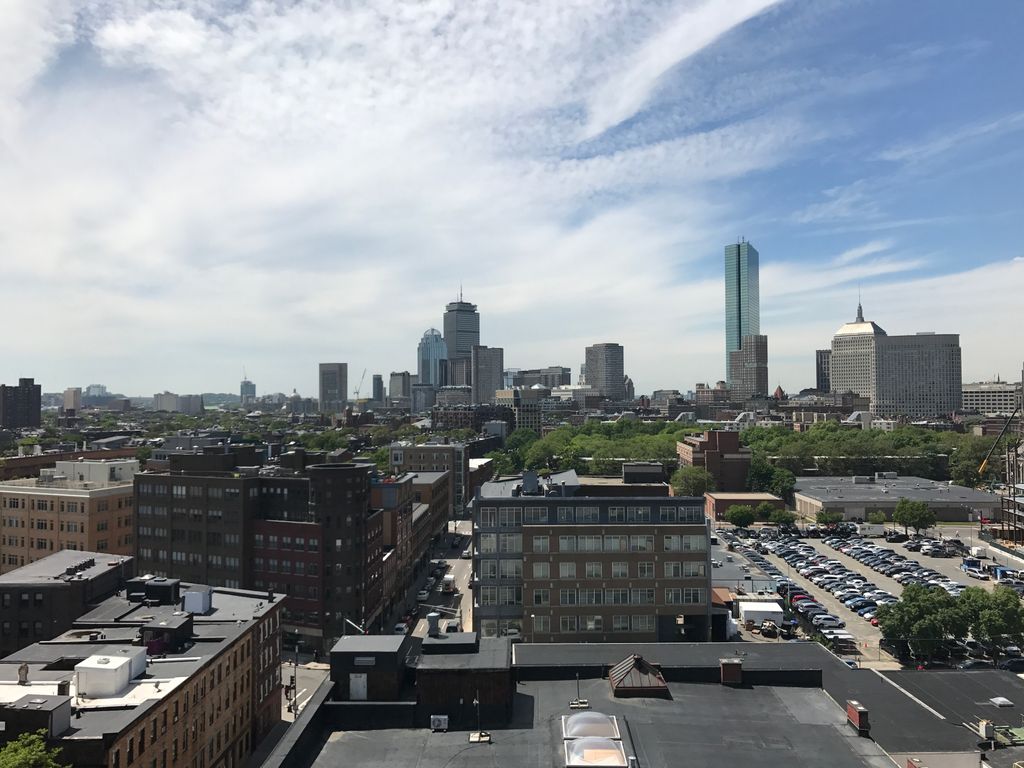
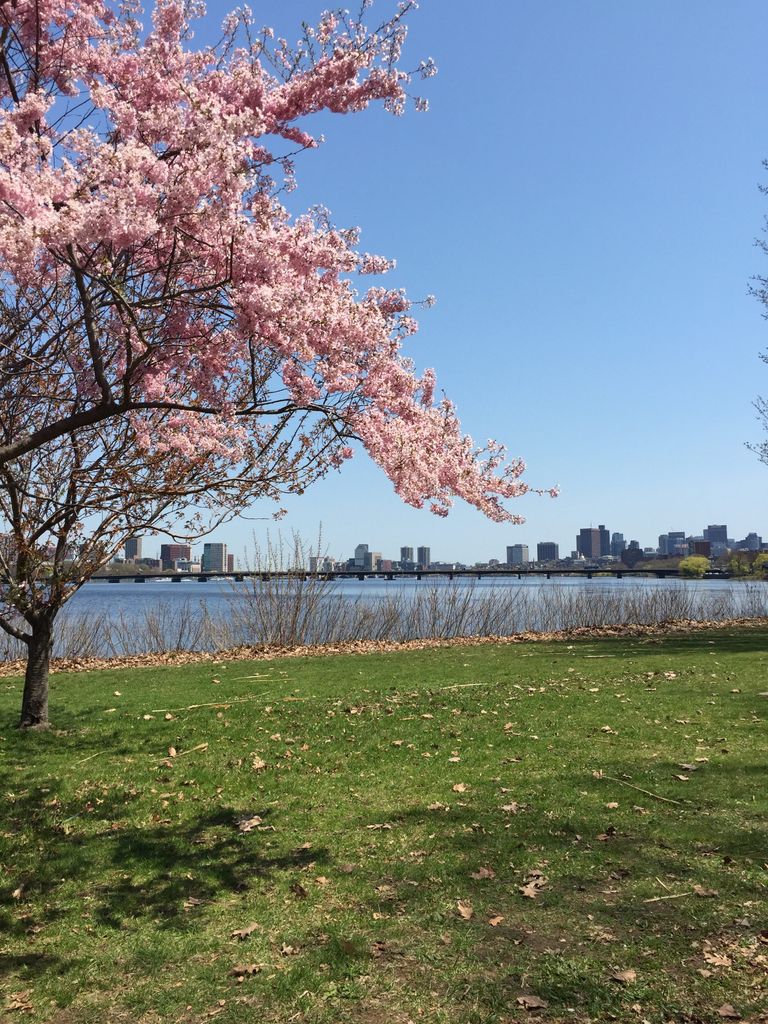
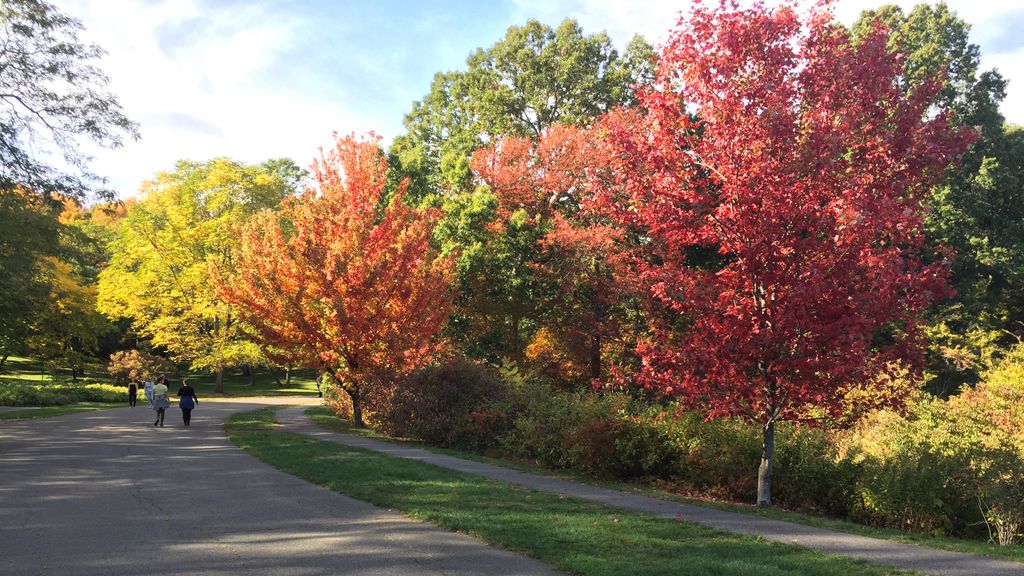
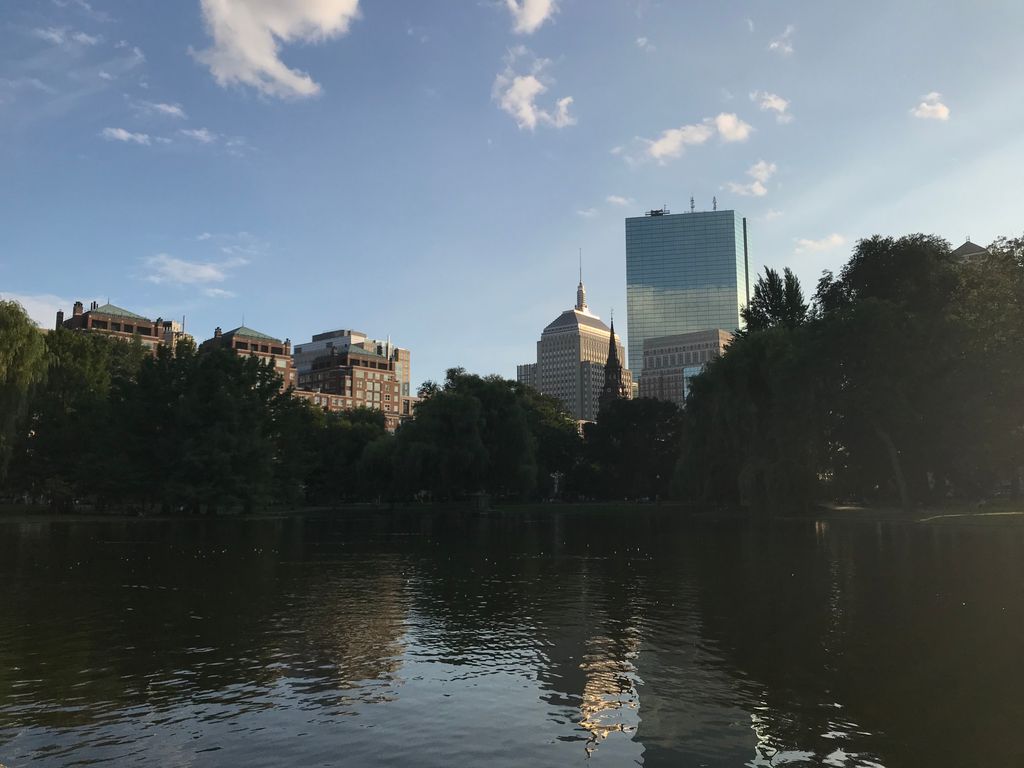
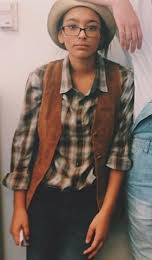


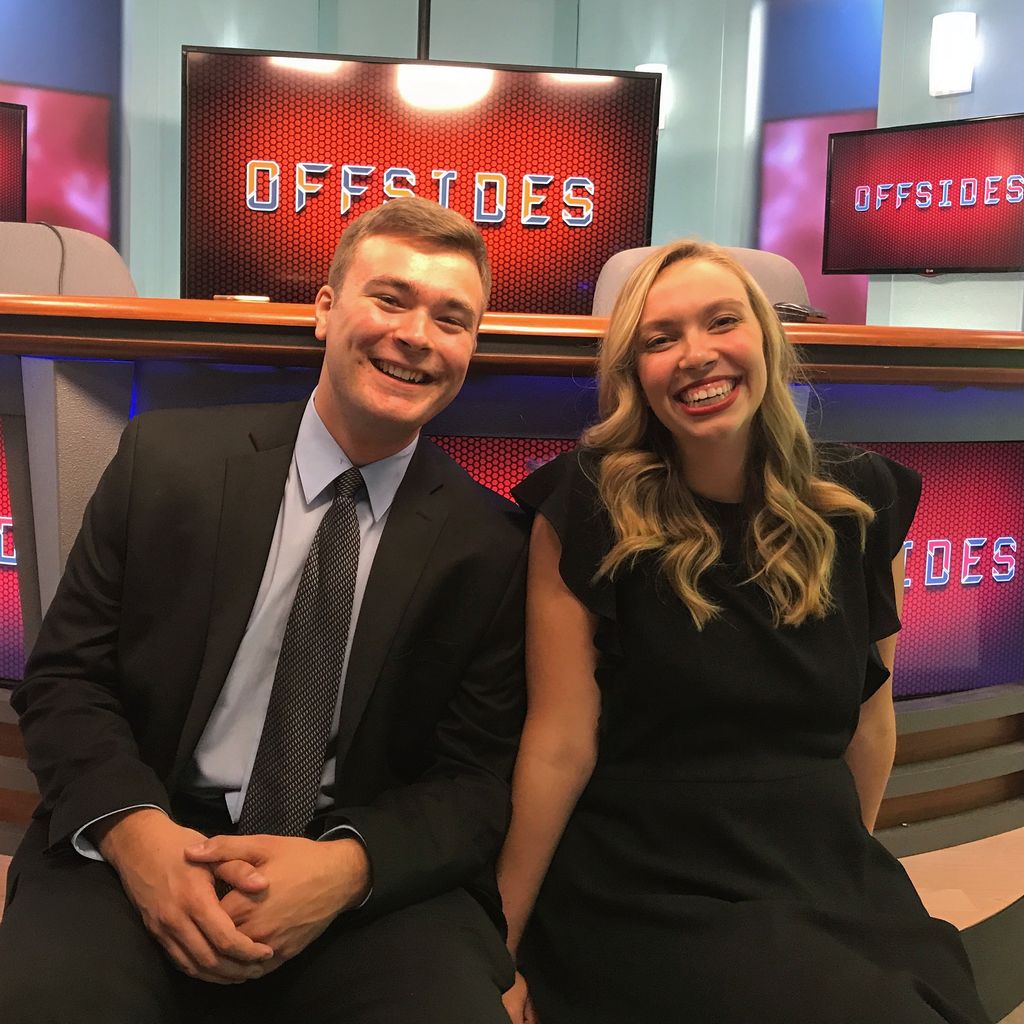
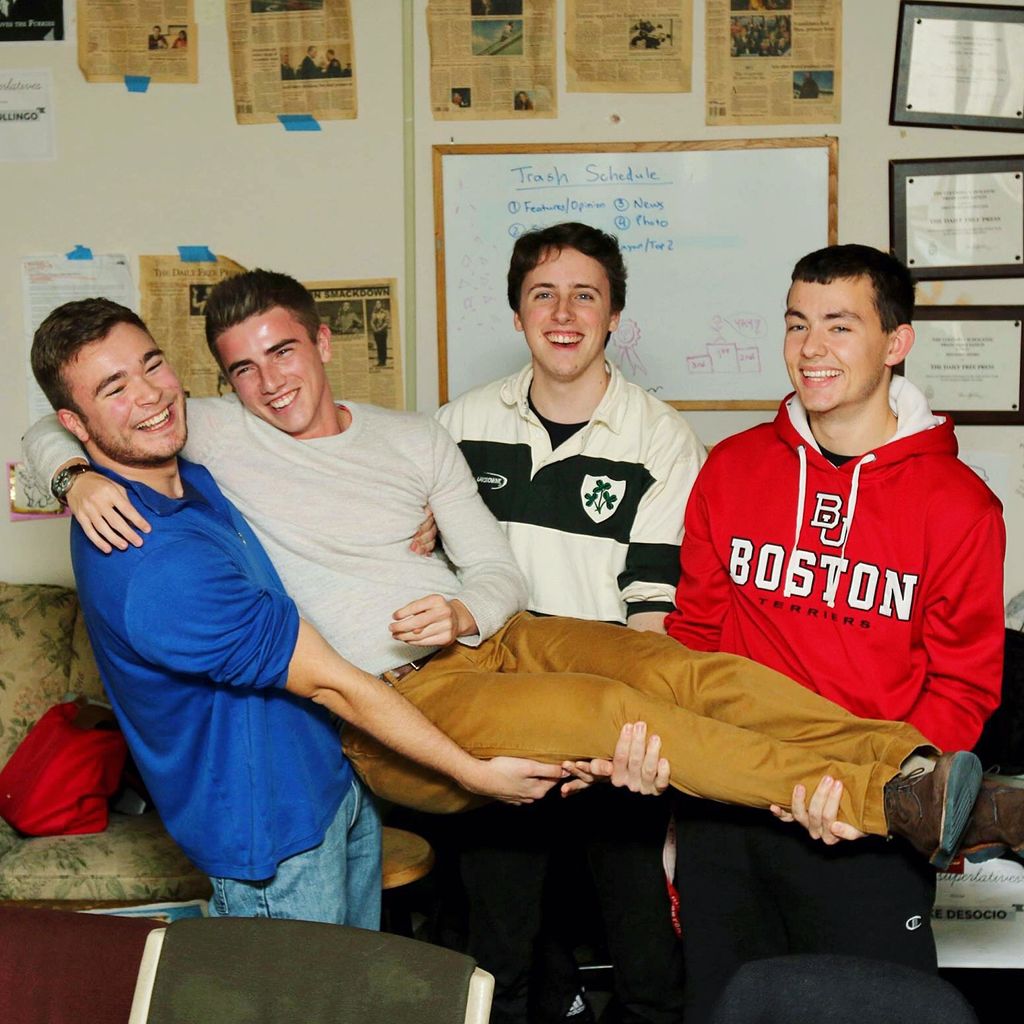



 Studying abroad is an amazing experience! For one, you make great friendships that will last beyond your time there. You can travel with them to new, beautiful places and create once-in-a-lifetime experiences.
Studying abroad is an amazing experience! For one, you make great friendships that will last beyond your time there. You can travel with them to new, beautiful places and create once-in-a-lifetime experiences.




